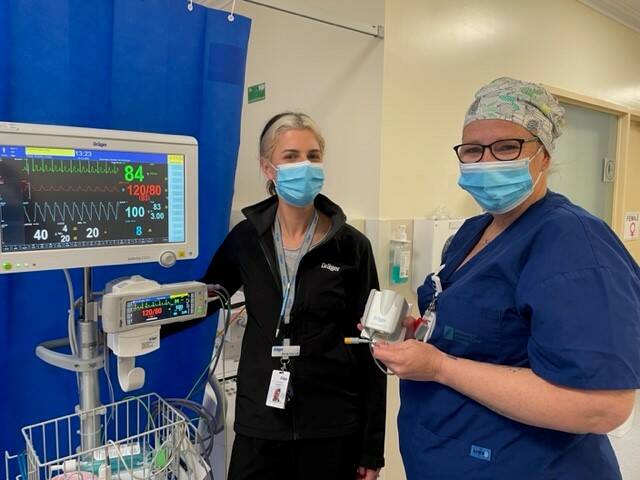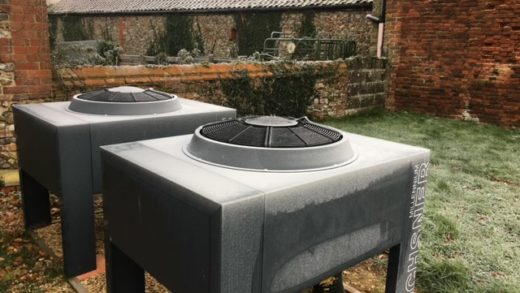In the realm of healthcare, comfort isn’t just a luxury—it’s a crucial component of patient care. From the waiting room to the operating table, the psychology of comfort plays a pivotal role in shaping the patient experience, influencing their perception of medical facilities, procedures, and even recovery outcomes. Nowhere is this more evident than in the selection and utilization of medical supplies. Understanding the psychology behind comfort in medical supplies is not just a matter of patient satisfaction; it can significantly impact patient outcomes and the overall success of healthcare interventions.
The Significance of Comfort in Medical Settings
Imagine being a patient entering a hospital room filled with sterile equipment and unfamiliar surroundings. The anxiety and fear associated with medical procedures can be overwhelming, exacerbating stress levels and hindering the healing process. However, introducing elements of comfort, such as soft bedding, soothing colors, and ergonomic medical supplies, can transform the environment into a haven of reassurance and support.
Comfortable medical supplies encompass a wide range of products, including but not limited to, supportive mattresses, ergonomic seating, gentle wound dressings, and temperature-regulated blankets. Each of these items serves a dual purpose: not only do they enhance physical comfort, but they also provide psychological comfort by instilling a sense of security and well-being in patients.
The Psychological Impact of Comfort
The psychological impact of comfort cannot be overstated. Studies have shown that patients who feel comfortable in their healthcare environment are more likely to experience reduced stress levels, faster recovery times, and improved overall satisfaction with their care. This is because comfort triggers the release of endorphins—the body’s natural painkillers—and promotes relaxation, which is essential for healing.
Furthermore, comfort can alleviate the perceived severity of medical procedures, making them seem less daunting to patients. For example, a child undergoing a vaccination may find the experience less distressing if the nurse administering the shot uses a soft, comforting bandage afterward. Similarly, a patient undergoing surgery may feel more at ease if they are provided with a warm blanket and supportive pillow during their recovery.

Designing Comfort into Medical Supplies
Creating comfortable medical supplies involves more than just selecting soft fabrics and cushioning materials. It requires a deep understanding of human psychology and ergonomic design principles to ensure that each product meets the unique needs of patients. Factors such as size, shape, texture, and temperature all play a role in determining the comfort level of a medical supply.
Additionally, healthcare providers must consider the cultural and individual preferences of patients when selecting medical supplies. What may be comfortable for one person may not be for another. Therefore, offering a range of options and allowing patients to customize their environment can help enhance their sense of comfort and control. If you are looking for ideas about the psychology of comfort in medical supplies, see available offerings to learn more.
The Future of Comfort in Healthcare
As healthcare continues to evolve, so too will our understanding of the psychology of comfort. Innovations in medical technology and design will enable us to create increasingly comfortable and personalized experiences for patients, further improving their outcomes and quality of life.
In conclusion, the psychology of comfort in medical supplies is a vital yet often overlooked aspect of patient care. By prioritizing comfort in the design and selection of medical supplies, healthcare providers can create environments that promote healing, reduce stress, and enhance the overall patient experience. After all, in the words of Florence Nightingale, “Apprehension, uncertainty, waiting, expectation, fear of surprise, do a patient more harm than any exertion.” Comfort, in its myriad forms, is the antidote to these afflictions.










